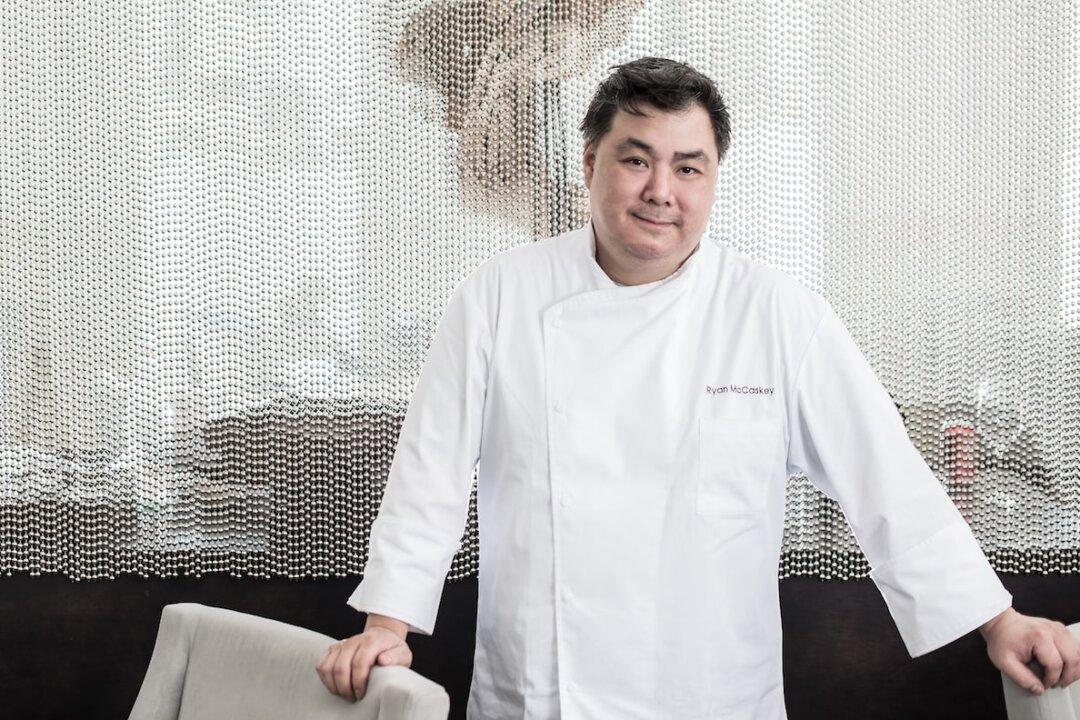Successful chefs come from a variety of backgrounds, and have embarked on their own unique journeys to get to where they are today. For Michelin-starred chef Ryan McCaskey, that journey started in war-torn Vietnam.
McCaskey was adopted from Vietnam when he was just 13 months old. He was one of more than 3,000 infants and children who were evacuated from South Vietnam during “Operation Babylift.” The operation was ordered by U.S. President Gerald Ford at the end of the Vietnam War, shortly before the fall of Saigon to communist forces at the end of April 1975.






